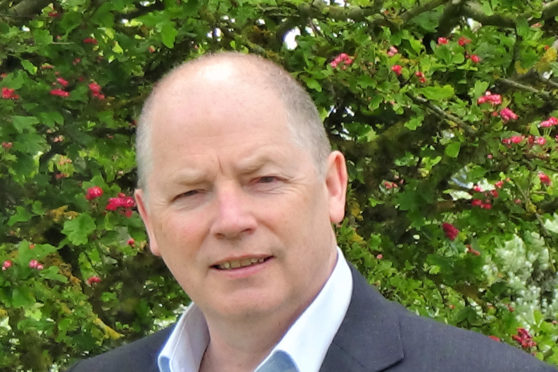More than 100 youngsters have taken part in an innovative scheme which helps the victims of bullying to restore their confidence and teaches them how to avoid becoming targets.
Face Off, an initiative unique to the north-east, was launched last summer by Mike Healy, an HR and management expert who wanted to use his skills to teach children how to cope in the aftermath of being bullied.
Scores of youngsters have completed the course, which involves a grading system similar to that used in martial arts, at events in Bridge of Don, Portlethen and Inverurie.
And now Mr Healy plans to bring the project into schools to ensure as many pupils as possible get a chance to take part.
>> Keep up to date with the latest news with The P&J newsletter
He said: “I kept hearing reports about bullying, and I was asking my kids what was in place to help in schools.
“It seemed like there were a lot of measures in place to try and prevent it but not much to help kids afterwards.
“Schools are doing their best in the circumstances, but obviously cannot do everything.”
There are four different grades that participants go through, which teaches them how to build confidence and resilience, and how to interact with others.
The course uses role playing and is aimed at children aged between seven and 16.
“The first thing we teach them is how to introduce themselves to someone, you would be surprised at how many children don’t know how to do that,” Mr Healy said.
“We know there are challenges in schools and they’re doing their best, but we are trying to teach children to be more empowered so they can self-regulate, take care of themselves and then the teachers won’t have to get involved.
“There’s been a variety of kids that have been on the course, some who are quiet and reserved and their parents are maybe worried they will become targets, some who are really hyper or have anger issues, and kids who have Asperger’s or autism.”
For more information people can visit www.faceoffgroup.com
